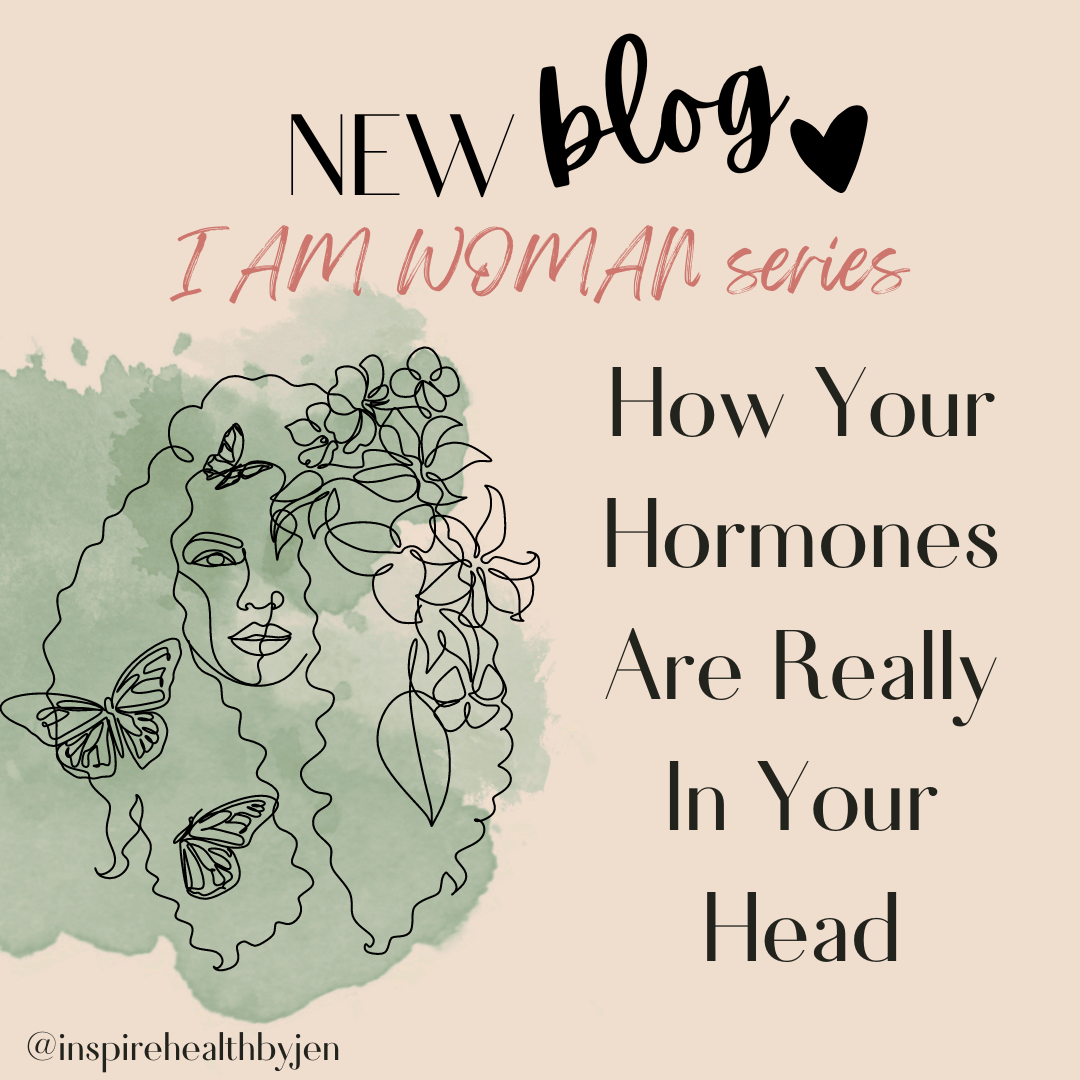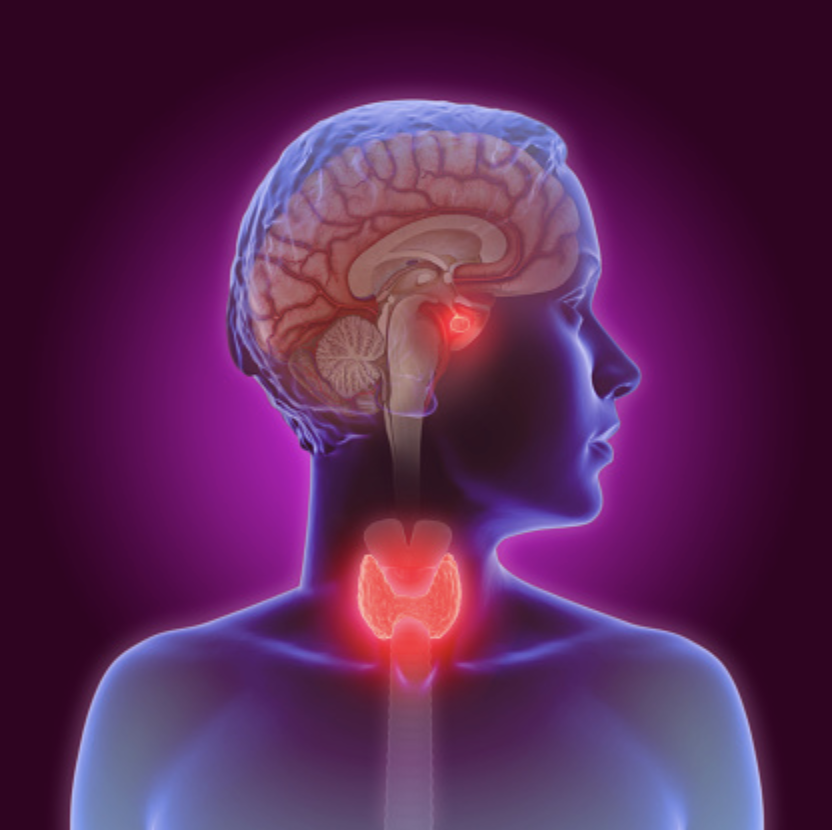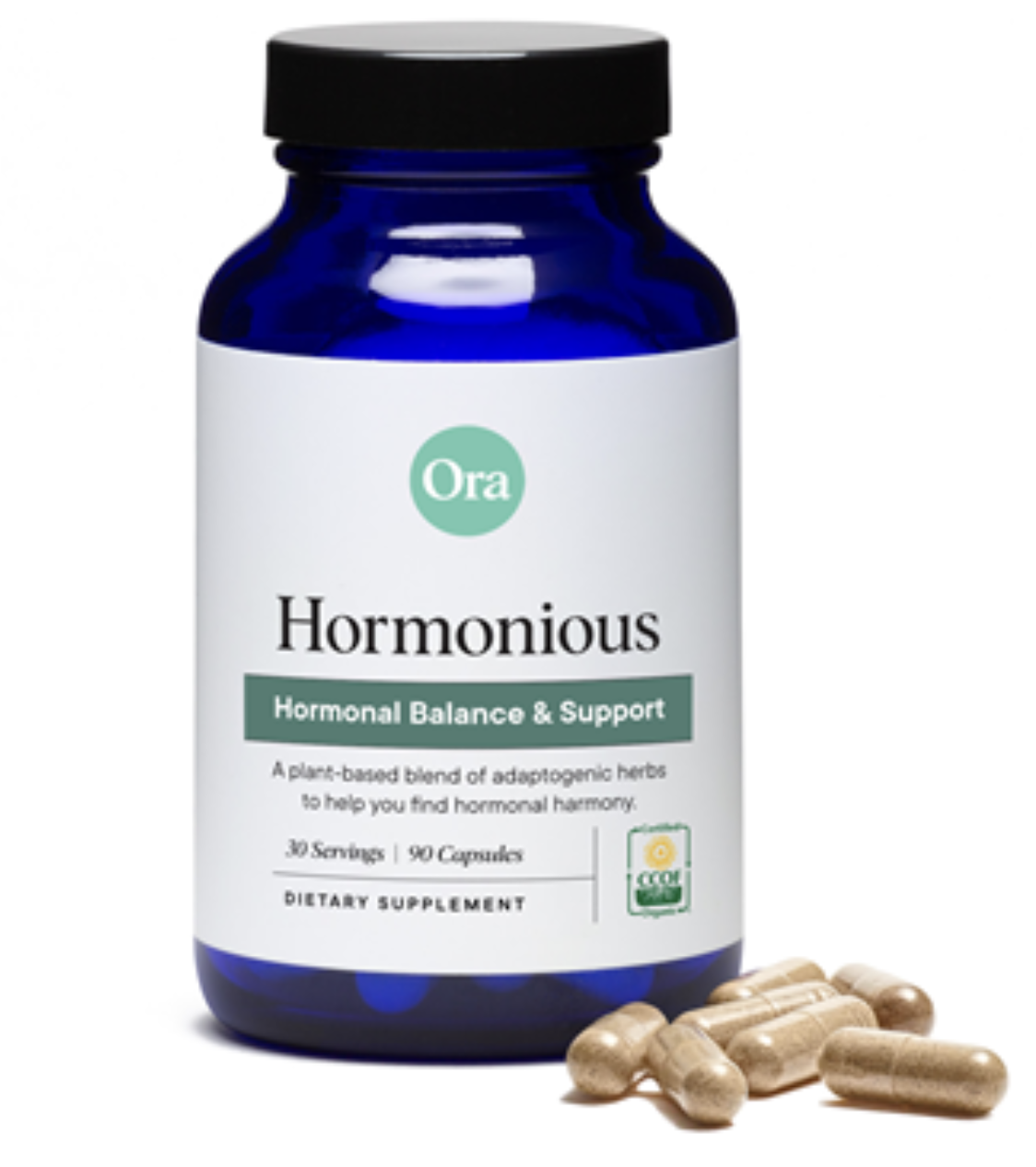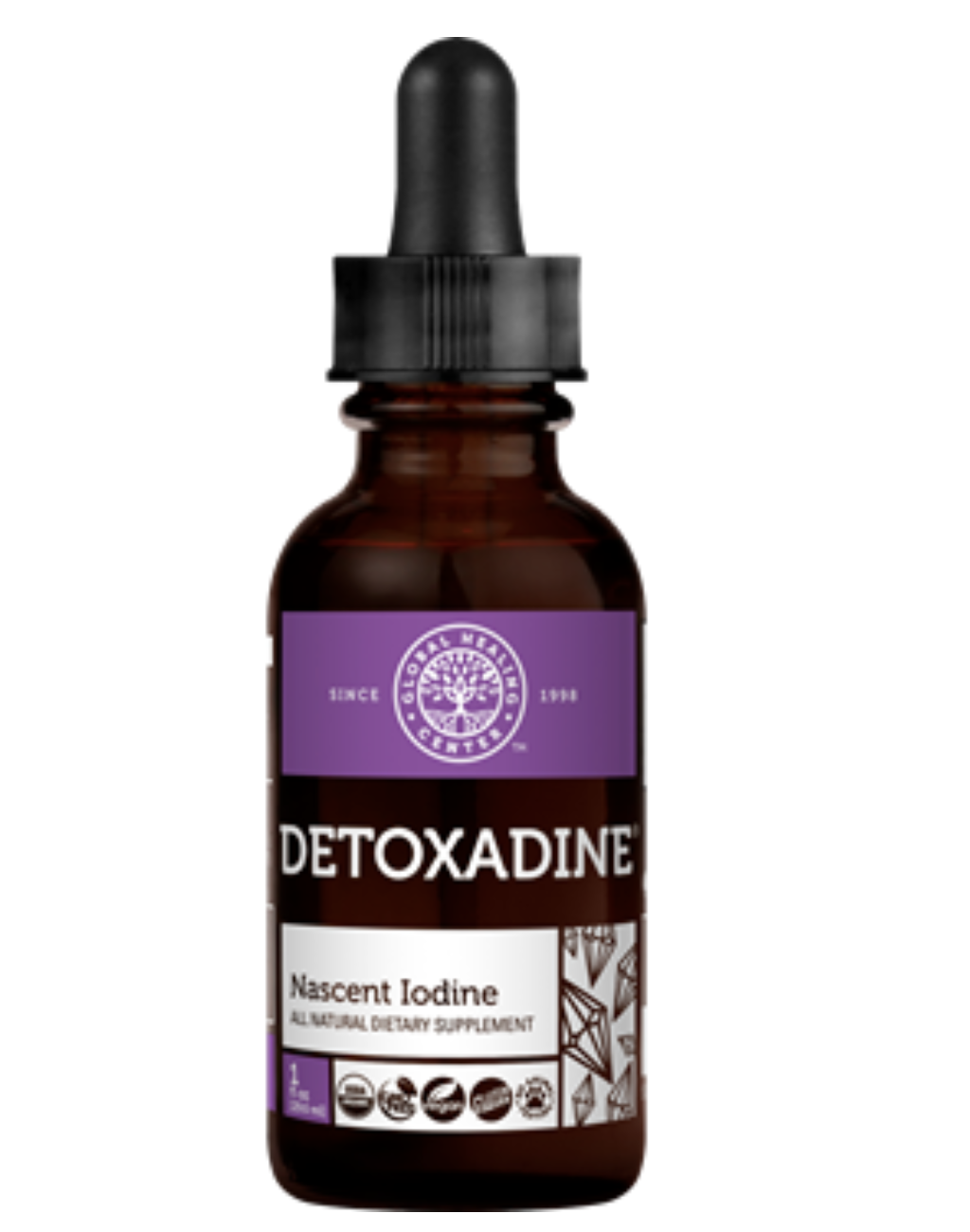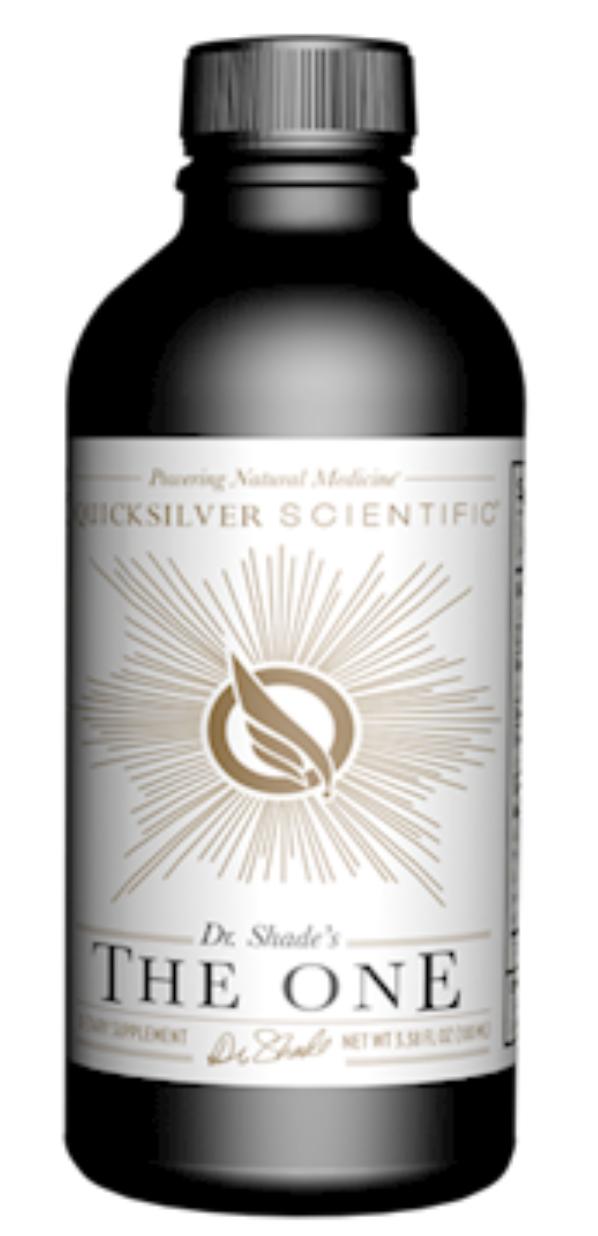How Your Hormones Are Really In Your Head [I AM WOMAN series]
MEET YOUR HORMONES
Living like a stressed out, small man versus a radiant, creative, I AM WOMAN.
Have you ever wondered what your hormones are doing on the inside of your body given the day of the month?
Have you ever wondered what your hormones look like in menopause or on birth control versus when your body was cycling?
It’s time we ladies have a better understanding of our bodies so we can live in our power and feel the way we crave!
But here’s the deal…
The current medical and nursing education left out the complex nature of women’s cycles pre, peri and post menopausal. We just get compared like we’re small men and left to think our woes are all in our head. I certainly never learned any of this in school. Better yet, I didn’t learn any of this information from a traditional medical doctor! CRAZY!
Let me tell ya..
You’re not crazy.
While your hormones are actually all in your head (more on this coming up) the way you feel, or feeling off definitely isn’t.
Most of us gals (and guys) have received a mansplanation if you're like me from a male endocrine doc who knew just what to do to help me! Well cut it out and give you meds.
But something in me, the sacred feminine wisdom within, knew better even though she didn’t know much about hormones at all.
I won't lie ladies..
It is going to take some work together for us to understand our bodies and finally meet up with our hormones 1-1 so you can get to know these gals.
In this blog, I will take you through all of your hormones, how they function, and what you need to know to heal as all hormones really do start in your head..
I promise you, if you don’t feel fine, you’re not fine!
Let me blow your mind with this perfect orchestration taking place in your body pre, peri, and post menopause!
Before we dive in..
I have created a FREE guidebook HERE that you can download and troubleshoot exactly which hormones are high or low in your very own body as you move through this wealth of information.
Okay are you ready???
Let’s dive in!
It takes years as a woman to unlearn what you have been taught to be sorry for. —AMY POEHLER
Cut it out. Get on the pill. Call you crazy.
How many times has this happened to you when you simply asked your practitioner if your hormones could be off balance?
The truth is they gave these answers because that’s all we have been taught in the schooling we spent years enduring.
We became real efficient at diagnosing what's wrong and solving with a pharmaceutical intervention.
The current medical and nursing education left out the complex nature of women’s cycles pre, peri and post menopause. We just get compared like we’re small men and left to think our woes are all in our head when in reality there is soo much going on inside our bodies that varies every single day of the month!
MEET YOUR HORMONE COMMAND CENTER
In fact your hormones do start in your head..but not in the way you’ve been gaslit to believe.
Meet your hormonal command station, the hypothalamus!
(see small glowing red region in brain)
I was living my entire life like my body was in charge of all the hormone production I’ll ever have with no freaking clue that my brain is the boss behind the scenes.
I thought my ovaries, uterus, and thyroid gland dictated what was going on in my endocrine system- boy was I wrong!! Your hypothalamus is running the whole dang show!
The female human body is an amazing theatrical performance! Your body’s computer, the brain, has this teeny weeny hypothalamus that is the main conductor of this whole dang reproductive show.
The hypothalamus, the almond-sized brain structure that acts as command central for your endocrine system, receives a steady stream of data about the hormone levels throughout your body. Based on this information, the hypothalamus fires off one of two hormones to the pea-sized pituitary gland just below it. The pituitary gland goes into immediate action, sending out chemical messengers—aka hormones—to the other glands and organs in your endocrine system. The pituitary has its own morse hormone code with each gland—thyroid-stimulating hormone (TSH) to the thyroid gland, parathyroid hormone (PTH) to the parathyroid, adrenocorticotropic hormone (ACTH) to the adrenals, and follicle-stimulating hormone (FSH) or luteinizing hormone (LH) to the ovaries. The target glands and organs interpret the message from the pituitary and either increase or pump the brakes on hormone production.
What does this mean for you??
When I am working with women to heal their hormones I often offer them this truth:
When we heal our female body, we heal our feminine energy.
When we heal our feminine energy, we heal our female body.
Our body, our mind, our energy field, and our hormones are all connected.
When we are living with a busy mind, addicted to stressful thoughts, our body is going to make more and more stress hormones like cortisol which lowers our progesterone levels!
When we’re healing our minds to generate positive, powerful healing thoughts the mind is stimulating oxytocin, progesterone, and even FSH/LH production which not only makes us feel calm but also helps women conceive.
How does hormone production work?
It’s called the HPO connection.
Hypothalamus
Pituitary gland
Ovarian
connection network!
In order to create a hormone you hypothalamus receives an action potential received by neurons.
From the hypothalamus your brain tells the pituitary gland what kind of hormone to make and where to send it.
From the pituitary gland hormonal messengers travel to the ovaries and begin the entire hormonal cascade for the month.
Your hormones begin in your brain.
Energy impinging on a neuron determines what it does. Like a chain of dominoes, action potential travels down neurons, generating all our cells activity which determine our hormone balance.
REALLY COOL INFO: wanna understand how really powerful your hypothalamus gland actually is??
When I worked in the neonatal intensive care unit as a RN and IBCLC I would see many adoptive and foster mommas holding their baby skin to skin and oftentimes help them breastfeed! How on Earth??
Did you know you only need two things to produce breast milk as a woman?
Breasts
Pituitary gland
That is how powerful your brain is in making hormones. Of course, a non pregnant female will not have quite the strength of hormonal cascade to produce a full supply but an adoptive mother can certainly bond with her baby at this level, giving her body ample time to produce!
Okay back to hormone basics..
The reproductive system is influenced by hormones that are regulated by the hypothalamus and the gonadotropin-releasing hormone . GnRH causes the cells in the frontal part of the pituitary gland to produce two types of hormones.
The first hormone is follicle-stimulating hormone (FSH), and the other is luteinizing hormone (LH). These hormones travel all the way to the ovaries, where they influence estrogen and progesterone levels and help the follicles inside the ovaries mature. This makes you ovulate and ovulation is the main event that drives your monthly hormone symphony.
Just a reminder, your brain rather than your body is in charge of this process beginning!
The birth control pill works by stopping your brain and ovaries from talking- this can really throw a wrench in things long term! More on that in episodes 4 and 9 HERE.
Hormonal imbalance is often the result of an interference in this HPO or brain to body signaling network. If you’re not on birth control and you haven’t had surgery to dismantle the body’s production, most commonly hormone imbalance stems from inflammation blunting the complex communication system taking place in your body.
Your body isn’t broken, it’s being hijacked by the food, air, water, and thoughts we take in!
YOUR MONTHLY HORMONE CASCADE
Now let’s take a look at how hormone levels change during the cycle stages and a few key words to know along the way!
Some of the matured follicles will eventually release eggs, which travel down the uterine tubes, where they can be fertilized before moving to the uterus. The complex hormone interaction that makes this possible is called the hypothalamic-pituitary-ovarian axis.
At the end of a cycle right before menstruation, estrogen and progesterone levels drop, causing an increase of FSH and GnRH levels.
All the hormones involved in the hypothalamic-pituitary-ovarian axis rise in one phase of the menstrual cycle and drop in the other. All of these fluctuations affect ovulation and can cause symptoms like acne, negative mood, headache, weight gain, bloating, and appetite changes.
MEET YOUR HORMONES
Let’s finally get a look at these ladies that make our cycle go round, our voices feminine, and our body’s birth a baby!
Estrogen: A female sex hormone produced by the ovaries, dominant in the first half of the menstrual cycle. Produced primarily by the ovaries, but also in small amounts by the adrenal glands and fat cells, estrogen is the superstar of your hormonal cycle. In your reproductive cycle, estrogen participates in ovulation and is responsible for thickening the uterine lining in anticipation of a pregnancy. Estrogen also plays a major role in many other biological systems, and protects you from dementia, bone density loss, heart disease, and high blood pressure. the main player in the first half of your cycle is estrogen. It spikes around days 12 through 14 to trigger the release of luteinizing hormone (LH), which marks the beginning of the ovulatory phase and stimulates your ovaries to release an egg, aka ovulation. It’s during this time that the egg travels down the fallopian tube and either implants in the endometrium if fertilized by sperm or slowly dissolves and passes out of the body, along with the uterine lining, during your period. Estrogen also stimulates the growth of uterine tissue, thickening your uterine lining for that potential implantation of an embryo. This is why too much estrogen causes heavy, painful periods. It’s the predominant hormone during the first half of the cycle, which is known as the follicular phase (approximately days 5 through 14 of your cycle). The ruptured follicle, now called the corpus luteum, releases progesterone and estrogen to prepare your body for pregnancy.
Progesterone: A hormone that is released by the corpus luteum in the ovary to help prepare the uterus for the implantation of an embryo, dominant in the second half of the menstrual cycle. Production of progesterone kicks in around ovulation, when it gets to work on its main job of controlling and maintaining the buildup of the uterine lining in anticipation of a pregnancy. If an egg isn’t fertilized, progesterone levels fall, and the lining is shed through menstruation. Progesterone also counterbalances estrogen and promotes relaxation, improves sleep, and enhances moods.
Testosterone: A sex hormone secreted by the ovaries and adrenal glands that rises before ovulation; highest in men, but necessary in women This hormone, which is associated with sex drive, gets a slight surge during and immediately after ovulation—making you feel more sexual at the time you’re most likely to get pregnant. You also get a tiny jump again right before you bleed. I like to think the body does this for one last chance for conception!
+++Follicle-stimulating hormone (FSH): A hormone produced by the pituitary gland that stimulates the maturation of the ovarian follicles in preparation for ovulation. Released by the pituitary gland in the brain, FSH stimulates ovarian follicles to mature. FSH imbalances can lead to infertility. As you begin perimenopause, your FSH levels slowly rise to a level that signals the ovary to stop releasing eggs.
Luteinizing hormone (LH): A hormone produced by the pituitary gland that triggers ovulation and the development of the corpus luteum. LH triggers the release of a mature egg from an ovarian follicle. Abnormal LH levels are associated with fertility issues and PCOS.
Insulin: When you consume carbohydrates, your body breaks them down and converts them into glucose (a type of sugar), which is absorbed into the bloodstream. Your pancreas secretes the hormone insulin in response to the amount of glucose in the bloodstream—more glucose, more insulin. This critical hormone ushers the glucose into your body’s cells so it can be used for energy, and it helps keep your blood sugar levels balanced. When insulin levels are off balance, it can lead to blood sugar imbalance, which is associated with menstrual irregularities and reduced fertility. Blog on keto
Cortisol: Cortisol is the body’s primary stress hormone. The release of this important hormone is regulated by the body’s hypothalamic-pituitary-adrenal (HPA) axis. Small doses of cortisol can be a good thing, but chronically high levels of the hormone can disrupt ovulation, decrease progesterone levels, sap your sex drive, and cause fertility problems.
BIRTH CONTROL NOTE: if you’re taking birth control your hormonal pattern is blunted and you have a steady low state of hormone at all times.
MENOPAUSE NOTE: you still have hormones ladies and you need your hormones! Whether it’s surgical or organic menopause your levels are softening into a steady state of balance at all times. This is one of the most important times to be paying attention to and healing your hormones!! Don’t tune me out here wise women!
Why is hormonal imbalance and detrimental decline even a thing?
Think about our hormones like a mountain..
We should be at our peak living at the top of the mountain at 20k feet..
So as we go through natural hormonal decline (aka menopause) we end up at sea level.
Because of the hormonal decline epidemic we end up below sea level, underground, buried in hormonal deficit symptoms…
Keep on reading now :)
Common Hormone Imbalances
What are some of the most common hormone imbalances and what do they look like?
The following are the predominant imbalances I treat in my clinical practice and their corresponding symptoms..
Too much estrogen: Estrogen dominance causes heavy, painful periods, fibroids, cysts on the ovaries, breast tenderness, and fibrocystic breasts, and is associated with increased risk of cancer.
Too little progesterone: Common symptoms of low progesterone include infertility, anxiety, insomnia, uncontrollable crying, and irregular menstrual cycles (they are typically shorter).
Progesterone is the hormone that helps you feel chilled out and calm and in love with your life. When that is too low, women will want to either (a) run away into the woods and never be seen again; (b) murder anyone who gets in their way; or (c) do both. If you find that during the week or two before your period you can’t sleep, you’re feeling anxious, or you’re aggravated with everyone in your life, you need to get your progesterone back, and luckily it isn’t difficult to do when you take a natural approach. Progesterone is the most prominent hormone from days 15 through 28 of your cycle and peaks around day 21, which is known as the luteal phase.
Too much cortisol: When your cortisol is in overdrive, you get that “wired and tired” feeling, where your brain is going a million miles a minute but your body is exhausted. This is also why women start to get belly fat (and why it gets a bad rap).
Too little cortisol: Linked to “adrenal fatigue” or hypothalamic-pituitary-adrenal (HPA) axis dysregulation, low cortisol can leave you totally exhausted with a weakened immune system. You may get sick all the time or have wounds that don’t heal. You can also experience chronic headaches, especially waking with headaches, and it’s really hard to get out of bed in the morning.
Too little thyroid hormone: Hypothyroidism is super common in my practice and can cause irregular periods and infertility. You may also feel fatigued and have dry skin, hair loss, and brain fog.
Too much testosterone: This can happen with PCOS or because of post-pill androgen rebound, and the symptoms include oily skin and acne. You’ll basically feel like a teenage boy and want to rage like one too. You can lose hair on your head or develop hair in unwanted areas, like your chin, chest, or abdomen.
Too little testosterone: This is also something I treat that no one talks about. It causes you to lose muscle mass and your libido, but you’ll also feel less motivated in life. It can look a lot like depression (which can confuse doctors), and you may find yourself crying all the time. It is really common on the pill.
Hey, guess what? These hormones usually travel in a pack like a herd of girls going to the bathroom—they all want to hang out together and if one decides to get lazy it drags the whole entire gang down! Chances are you won’t have just one hormone out of balance; you’ll have multiple hormones out of balance. The good news is that once you begin to heal one, the rest usually follow suit!
Find your own unique hormone balance by taking my FREE hormone healing questionnaire HERE
STRESS
The stress response–hormonal cycle is a two-way street. Just as your hormonal cycle influences your stress response, your period, and your fertility are disrupted when your stress response gets out of control. Here are four ways a rise in cortisol can affect your monthly cycle.
Stress interferes with insulin: Increases in cortisol levels disrupt insulin’s ability to control blood sugar levels. In turn, this disruption messes with ovulation and menstruation. BELLY!!!
Stress decreases progesterone: Cortisol gets in the way of progesterone production, which can disrupt your cycle. When your body is stressed, it uses progesterone to crank out more cortisol rather than what it is intended to do. If you’re trying to conceive, be aware that insufficient progesterone levels can decrease your chances of getting pregnant and make it more difficult to sustain a pregnancy full-term. SLEEP!!!
Stress delays ovulation: If stress hits when you’re nearing the ovulatory phase, increased levels of cortisol can delay or even prevent an egg from being released into the uterus. From a biological standpoint, you can understand why your body wouldn’t want to make a baby!
Stress can also disrupt your sex life and fertility. The chemicals released during times of stress interfere with your body’s production of estrogen, progesterone, luteinizing hormone, FSH, and prolactin. Too much stress can really throw off your hormone levels, leading to irregular periods, fertility problems, and a lukewarm libido.
Chronic stress is linked to six leading causes of death including heart disease, cancer, lung ailments, accidents, cirrhosis of the liver and suicide, according to the American Psychological Association.
Our bodies don’t have to live this way any longer. If you feel like you are stuck in a loop you can’t get out of, address your energy field first! Check out my blog linked in the show notes about energy healing and know you have a way out even if society seems to keep you running on the stressed out hamster wheel!
Finally, I want to leave you with a few actionable steps you can take to truly HEAL. No more covering up hormone imbalance with bandaids like metformin and birth control pills. Let’s take charge ladies, do the hard work, and liberate our bodies into feeling goood.
HOW TO HEAL YOUR HORMONAL WOES
Read this blog until you fully understand the amazing orchestra taking place in your body!
Work through the I AM WOMAN hormone healing questionnaire and really listen to your body- where is she crying out for support?
Find your interference! If you’re experiencing symptoms, work with a knowledgeable clinician to find your root cause.
Use food, movement, nutraceuticals, energy healing and even bioidentical troches as your medicine- you do not need to live suffering! There is healing possible!
Most importantly, remember that your hormones happen in your brain! Observe the thoughts you are generating and make sure they are conducive to your female body and feminine energy healing.
My promise remains true each and every day to this community.
Your body can heal!
I’ve watched my body heal, and thousands of other women (and men!) heal to date! We are made from the same cells by the same creator, your body can HEAL as wel!
Did you enjoy this blog? Do you love reviving the sacred feminine wisdom stored deep within your body? If this blog is helping you heal PLEASE PLEASE PLEASE share the love and help other women find this hope too!
Share with a friend! And make sure to subscribe so you receive blog updates in your inbox.
I really do appreciate and value every single email on my subscription list, your presence in this community means the world to me in helping this message reach the masses!
Jen’s top three recommendations for hormone imbalance..
Hormonious offers adaptogen support to unwind your body into a state of natural hormone production. The iodine will support robust thyroid hormone as the cocktail nourishes stressed out adrenal glands for optimal function. Together these three heal the broken feedback loop responsible for hormone decline!

